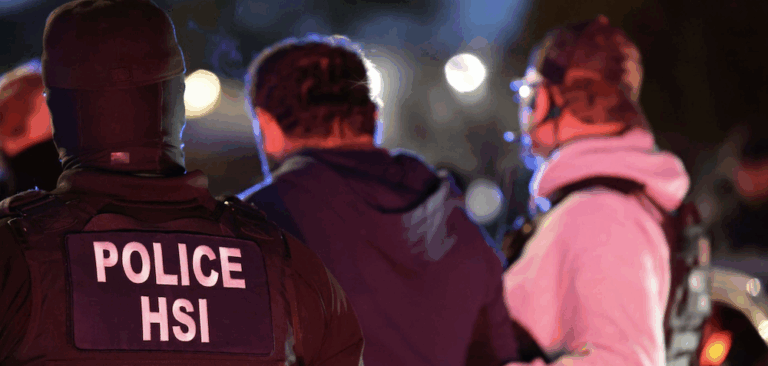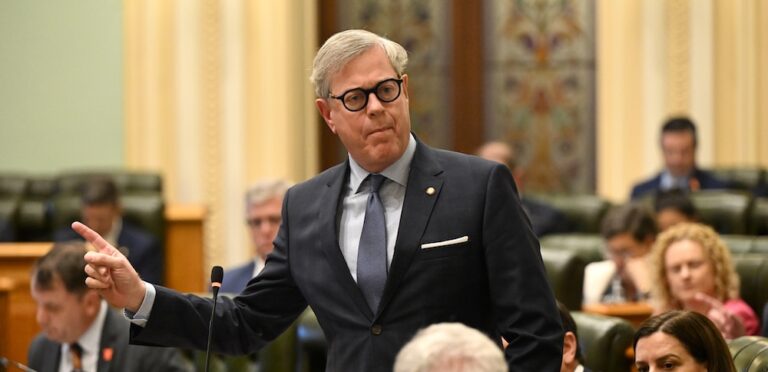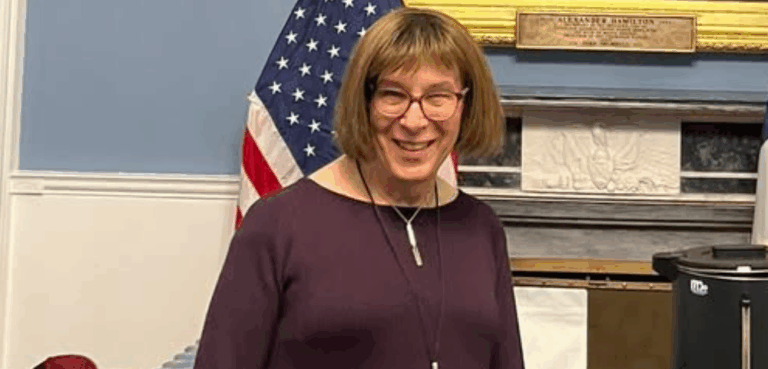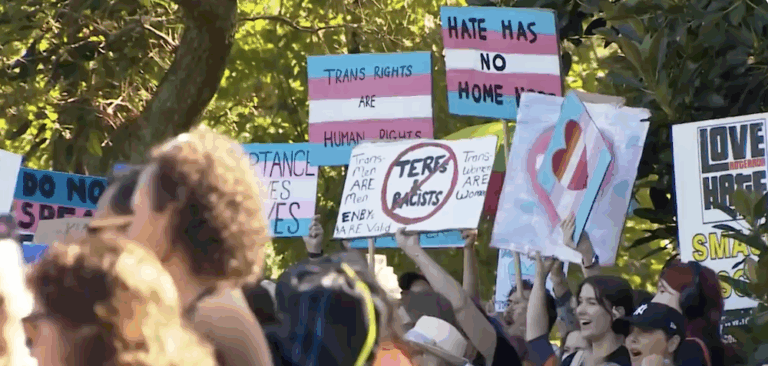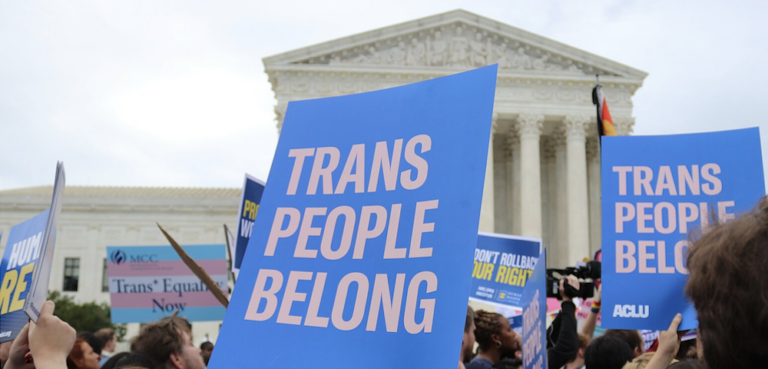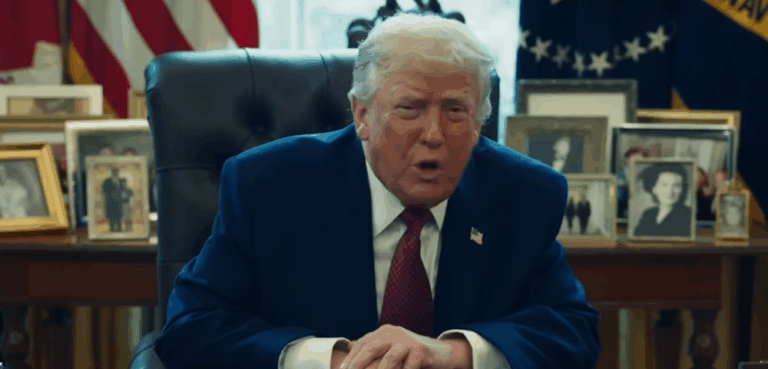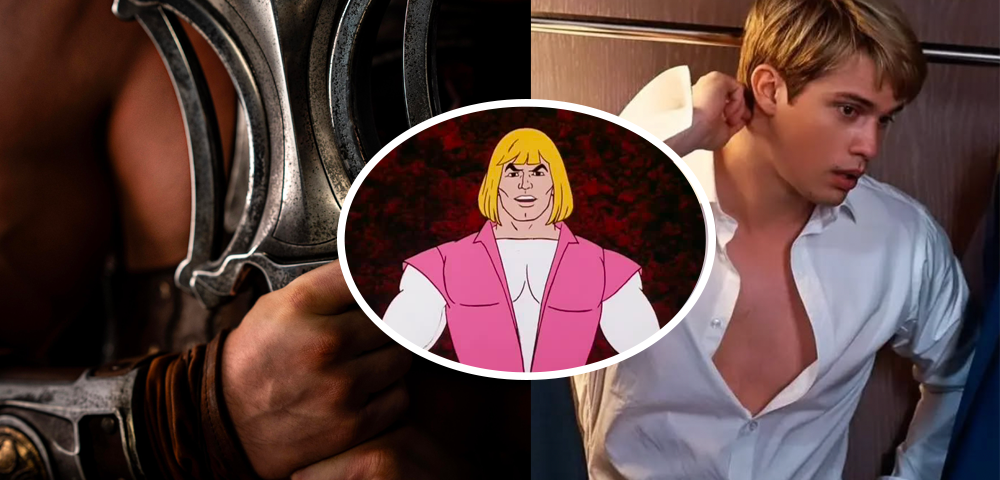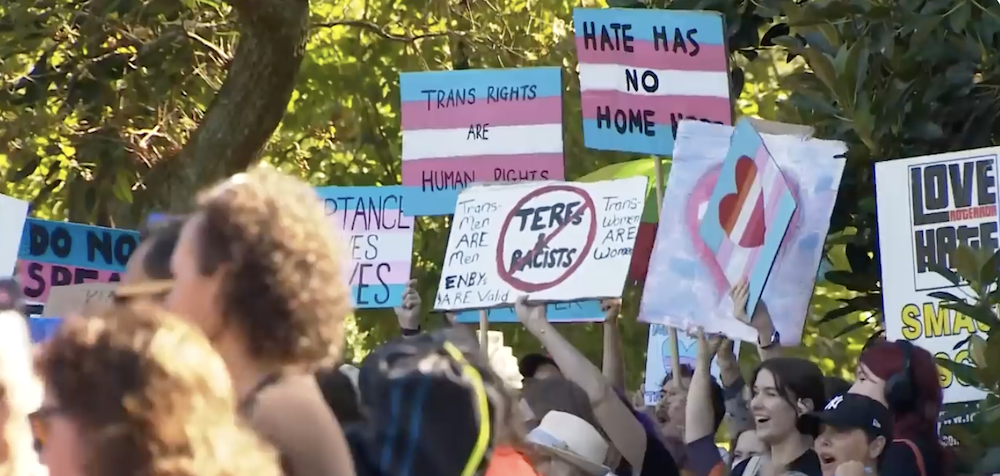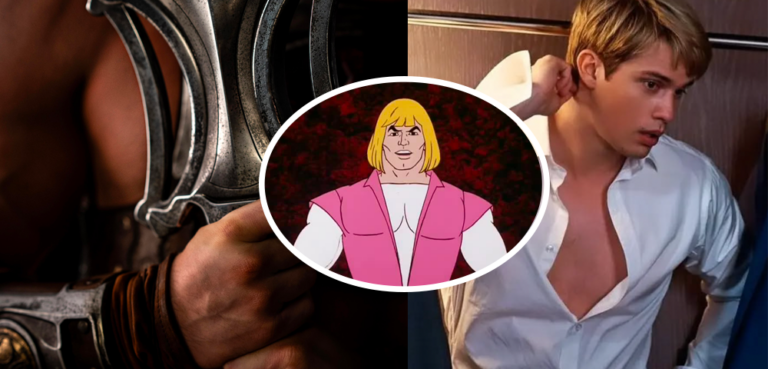
‘We all have the capacity to transgress gender norms’: trans boxer Thomas Page McBee

Boxer and writer Thomas Page McBee was the first trans man to box at Madison Square Garden. Now, he’s reimagining masculinity for white American men in his new book Amateur.
***
What motivated you to learn how to box?
I began reporting on the global “masculinity crisis” in 2011, the same year I began my medical transition, and I noticed that – along with the many privileges I gained once the world read me as male – a lot of the markers of crisis also defined my experience of my body in the world, especially a newfound isolation, and a sense that the only emotion that was “acceptable” for me to display was anger.
After my mom died in 2014, I struggled with how to express my grief. The following summer, three different men tried to street fight me in Manhattan, where I lived at the time. At a loss, and frankly pretty desperate, I took up boxing as a way to finally answer some tough questions I had about socialised masculinity, beginning with the relationship between masculinity and violence. Now that I knew who I was, I needed to find my place in the world.
How did your identity as a transgender man play into that?
I chose not to disclose my trans status to the men I trained with, though the board of the charity organising the fight knew, as did my opponent. I really wanted to report out a story where my being trans wasn’t a mediating factor, because I feel like my story about questioning the restrictions and privileges of masculinity is one any man of any gender background can and should relate to.
My primary worry during my training was that the fight wouldn’t happen, and I did consider that if it was canceled, it might have something to do with my trans status. But, luckily, it wasn’t.
What did you learn about toxic masculinity through boxing?
Training to box was very surprising, and mostly I learned a lot about myself and the men around me. Later, when I reported out the questions that came up while I was boxing, I found that all of what we call “toxic” masculinity is encultured, not innate (and so therefore, for example, has nothing to do with testosterone and a lot to do with social conditioning, especially in boyhood).
Did you ever feel any anxiety during that experience? How did you rise above it?
Yes! I had half the time to train as the people around me, I was in my thirties, and I had no idea what I was doing. But I felt compelled, and I’m tireless when I feel compelled. I tried to stay focused on my fight, on my coach, on my daily training, and on my body. Boxing is a lot about keeping your physical, mental, spiritual, and emotional self balanced, and there was very little time outside of that to worry. It was a remarkably clarifying period of my life, actually.
What are you hoping readers will get from Amateur?
My goal was to ask questions about gender with a beginner’s mind. I hoped that the asking would open up possibilities for men, and white American men especially, to reimagine what masculinity could look like, and for all of us to consider how social conditioning keeps us tied to frameworks, like racism and sexism, that hurt ourselves and each other.
And, beyond gender, my interest was to create an experiment of asking, of approaching something that feels as brutal and unforgiving as masculinity with my palms out, and to see if I could make that as brave as other types of warriorship.
What can cisgender people learn about men’s violence or male privilege through your experiences?
The only difference between my experience and a cis man’s is that I got to experience my initial immersion into masculine gender conditioning with my frontal lobes intact. I was 30 years old when I transitioned. But socialisation is continuous, and we are always in choice in terms of how we want to inhabit our bodies in the world, and how much we are living out our values in terms of what privileges we highlight, and which ones we hide.
We all have the capacity to transgress gender norms that uphold a system that hurts so many people. We all can be liberated in our bodies, and I think we all know deep down what we need in order to feel liberated. Most men don’t want to live within the “man box,” and I hope readers finish the book and start asking their own liberating questions.
What message would you send to younger trans men, or trans men currently transitioning?
Follow the same intuition that let you know that you were trans into how you live your life. It’s a great gift to know yourself as well as we do, and to insist on yourself despite whatever pressures you face to assimilate or conform to someone else’s expectations of what it means to be trans, or a trans man. Do you.
